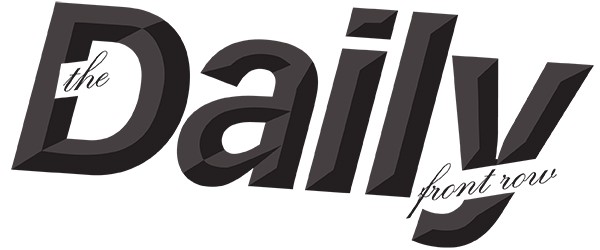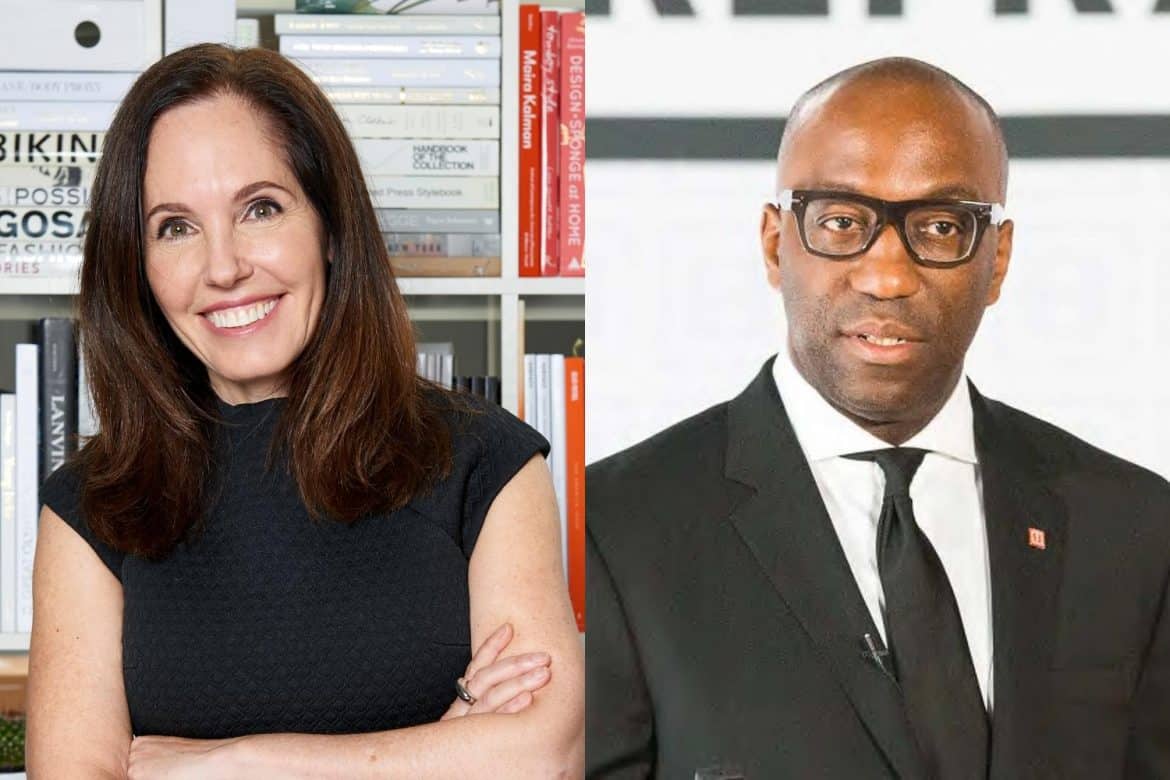The Black Lives Matter movement has brought awareness in recent months on the importance of inclusion and equity in the workplace in Corporate America. But where do you start? Harrison and Shriftman founder, Elizabeth Harrison, has partnered with Jeffrey L. Bowman, CEO and founder of Reframe, to develop customized strategies for employers seeking to transform their companies and close the cultural gaps that span across the employee lifecycle. Harrison tells The Daily how they’ll be working together, why she made diversity an integral factor of her team years ago, and offers tips on reading material and hiring practices that everyone should consider.
Tell us about your partnership with Jeffrey L. Bowman and a little bit about him. Have you had a longtime professional relationship?
Jeffrey has been a force in helping Corporate America culturally transform and accelerate growth to reflect the New America. I have been hearing about his work and impact for some time from a trusted member of my senior leadership team who used to work with him. She introduced us, and we had a heartfelt, and frank, discussion about Corporate America’s inequity, social justice, the way brands approach the New America and workplace inclusion and equity. Diversity and agency culture have been my passion for the past few years, and after hearing about his change operating system and software platform, I felt it was absolutely necessary to partner with ReFrame and work together. We are both like-minded individuals looking to create the best experiences for our employees and for our clients, no matter where they work and live.
How did the idea come about to work together?
I have long wanted to create and offer a service to our clients that addresses the complexities of creating an inclusive and equitable workplace culture. I thought about writing a book and creating a podcast series, among other mediums, but it all felt very singular. Jeffrey’s innovative workplace change approach and software to DE&I brings a totally different perspective. The goal of our partnership is to culturally transform Corporate America and “People Leaders carrying” this heavy load of managing a multigenerational, remote teams, while navigating extreme cultural tensions like COVID-19 and Black Lives Matter. We combined our expertise to provide clients with tools and methods for building a more culturally inclusive workplace that is both sustainable and scalable.
He co-authored a piece, Why Diversity, Equity and Inclusion Will Not Be Enough To Save Corporate America. What were his findings?
Corporate America is two to three generations culturally behind America(c). Prior to BLM and Pre-COVID-19, Bowman had already started this dive into the distinct cultural gap between Corporate America and America in a study commissioned in 2017. Now that a majority of the workforce is facing the challenges of working and growing business remotely, there is an opportunity to shift this narrative, reframe the workplace and close this cultural gap.
What is the Reframe People Operations Platform?
The Reframe People Operations Platform essentially gives executives from any size company the real-time ability to culturally assess how employees and teams feel about how inclusive and equitable their place of work. After uncovering the findings, it is software that treats the cultural gaps through personalized upskilling, learning and development throughout the employee lifecycle.
H&S has a decade long record of hiring diverse talent within your company. What was your “Aha” moment that made it an important factor in your hiring decisions?
My “Aha” moment was actually driven by a client. We had been working with this company for many years and primarily on one brand. We found ourselves winning another brand from the same company, one that had a very different target customer. When I looked at my team, I realized we were all fairly similar and saw the potential in bringing new perspectives to the agency to better counsel clients. What was ironic was that prior to that moment, I had spent many years worried that we didn’t have enough men on our team! When I started the agency in the 90’s, there were plenty of industries that frowned upon female led accounts and particularly in spirits and automotive. I sat down with my recruiter and my HR lead and I told them that moving forward I wanted to only see diverse candidates.
What benefits have you seen in having a truly diverse team?
The benefits are that you are challenged and encouraged to try and see the world outside of your perspective. You need to constantly be challenging your unconscious biases and you need to ask questions that are going to feel uncomfortable. You are going to make mistakes, but you need a healthy dose of self-awareness and the courage to acknowledge that you screwed up and to do better. You need to make your team do the same work and it’s easier for some than for others. We are still a work in progress but I will tell you that since we have demanded our teams be made up of a diverse team of people, we are doing the best and most creative work and we have won more business and been the most profitable ever.
A lot of people want to hire a diverse team but they don’t know where to begin. What is your advice to companies out there who might not have an HR department?
Hire senior people of color and empower them and then ask them to recommend your company to other diverse candidates. Many people, younger candidates in particular, tell me during our interviews that they could see themselves working at H&S because they saw people who look like them on our website and on our Instagram. Show and demonstrate your workplace reflects the New America on your brand/company channels.
A lot of companies had conversations and began a dialogue in June about racial issues. How can they keep this conversation going?
If you can afford to bring people together and if possible, during COVID, invest in a moderator that can lead an honest discussion about race. It’s a raw subject right now and as a leader of an organization I feel responsible to continue to have conversations about race, equity and inclusion. We have a Culture Committee that plans book club, movie nights and activities. For the last book club we read Kiley Reid’s book ‘Such A Fun Age.’ The Atlantic called it a funny, fast-paced, empathetic examination of privilege in America. Talking about the issues raised in the book made us all more aware of how our race and education impacted our opinions on the heroine of the novel. I think the more we address the issues, the better chance we have of working together to fix what’s clearly very wrong.
What tools would you recommend companies turn to to educate themselves about racial issues within the workplace?
I always recommend the book White Fragility to my staff. The book was recommended to me two years ago and it really forced me to look into my own actions that were perpetuating unconscious bias and change these ways for the better. I have used it as a starting point to have some difficult discussions with my staff and implement real change within H&S as an agency. Read Jeffrey’s book Reframe The Marketplace: The Total Market Approach to Reaching the New Majority. It is a “how to” book about how Corporate America can transform their marketing efforts to accelerate growth with a more inclusive audience across multicultural cultures. I also asked this of my agency for our H&S Refresh newsletter to share books, films and resources on the current state of the world.
Here are a few below:
1. a16z Podcast: What We Can’t Reveal We Can’t Heal: Former police officer in East Palo Alto, Terry Brown is a leading advocate for criminal justice reform. Together with bestselling author Shaka Senghor the duo have created a searing podcast that will make you think harder about our justice system.
2. For every nine people who have been executed in the U.S., one person on death row has been exonerated and released, a shocking rate of error. The acclaimed film Just Mercy brings to light this issue in an educational and honest way.
3. Tayari Jones’s fourth novel, An American Marriage, is about the deep racial prejudice of the American criminal justice system that convicts a black man, Roy Othaniel Hamilton, of a rape he did not commit. The novel “shows us what can happen when racism and violence collide with relationships.
Subscribe to our newsletter and follow us on Facebook and Instagram to stay up to date on all the latest fashion news and juicy industry gossip.

